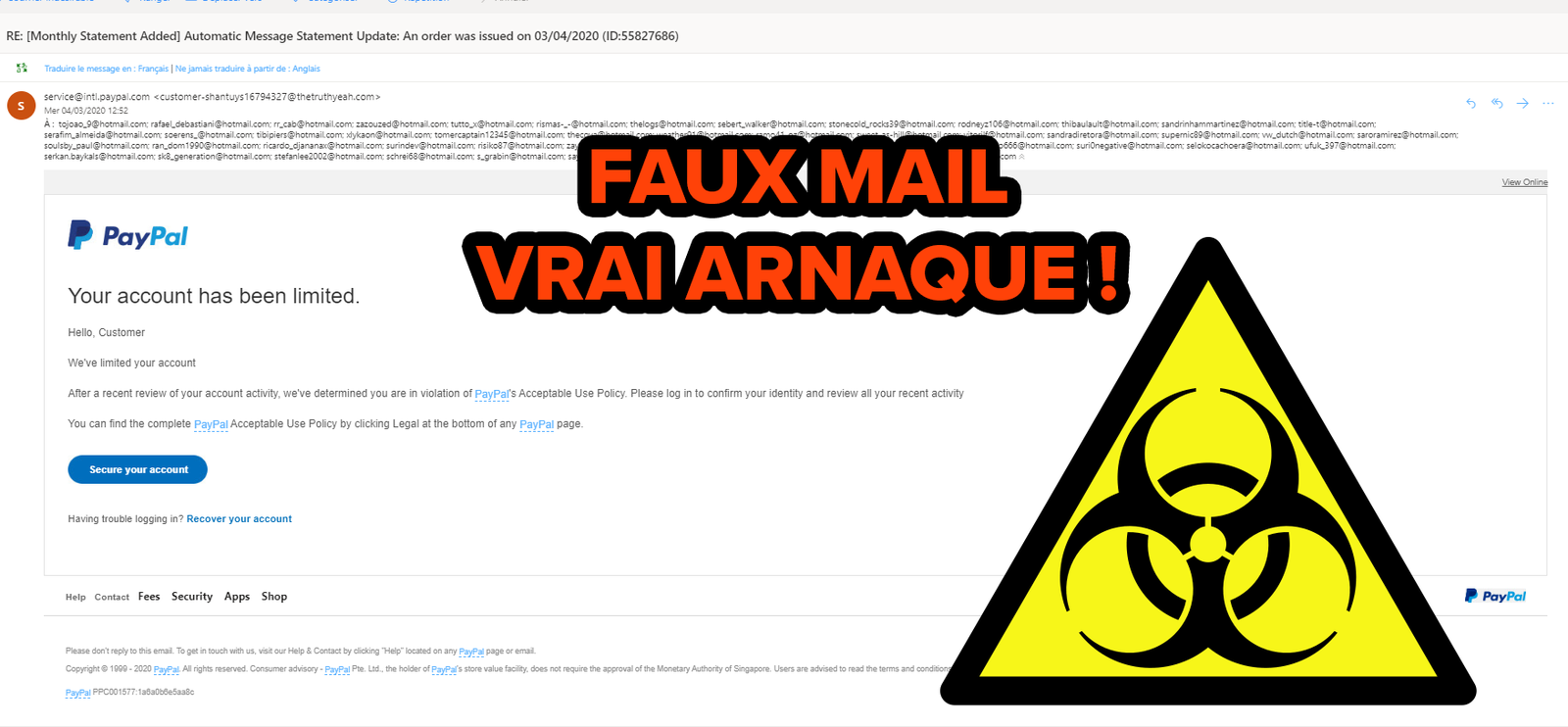
"Taking time over them proves you are organised and diligent. "My advice would be to check and double check your emails again before sending," Gorton said. If you've sent off an email and you haven't even gotten the name of the role right in the subject line, that isn't a very good sign. It often indicates a user profile.Īccording to Gorton, people often bulk apply to jobs, which means they end up applying for roles that don't exist. By doing your research, digital comm professionals will be better equipped to communicate with clients and provide them with valuable insights and recommendations.Account icon An icon in the shape of a person's head and shoulders. This includes researching their business and industry, as well as any relevant news or events that may impact their business. Not Researching Clientsīefore meeting with clients or communicating with them digitally, it’s important to do proper research. Additionally, making sure to respond to emails in a timely manner and avoid using emoticons or excessive exclamation points remains a top priority.
#Email faux pas professional#
This includes using a clear subject line, addressing the recipient appropriately, and signing off with a professional closing.

When communicating with clients via email, it’s important to follow professional email etiquette. The MSc in Marketing & Digital Communication at EMLV is a globally-oriented one-year program that equips participants with the skills needed to tackle the challenges of marketing and communication in the digital economy, leveraging EMLV Business School’s extensive experience and expertise in digital issues, including a robust alumni network among top digital players, and a comprehensive pre-experience and executive education program covering digital topics such as mobile marketing, advertising technology, social media marketing, analytics, and business modeling using tools such as Google Analytics. Not Continuously LearningĬontinuous learning is essential for digital communication professionals due to the fast-paced and ever-changing nature of the field, which requires them to stay up-to-date with the latest trends, technologies, and best practices to remain effective, competitive, and innovative in their strategies, while also enhancing their expertise, credibility, and thought leadership. This includes emails, social media posts, and even text messages. Poor spelling and grammar can seriously harm your professional reputation, so make sure to proofread all of your digital communications before sending them out. Instead, clear and concise language when communicating with clients is advised, mainly to avoid any type of miscommunication. Overusing slang can make you come across as unprofessional and even disrespectful. While it may be tempting to use trendy hashtags and social media slang when communicating with clients, it’s important to remember that this can be a major faux pas. Professional life needs to be separate by creating a professional email address and ensuring that social media profiles are private or only contain content that is appropriate for potential clients to see. It’s important to remember that personal life is just that – personal. This can happen when they post inappropriate or unprofessional content on social media, or when you use your personal email address to communicate with clients.

One of the biggest digital communication mistakes fresh graduates make is mixing their personal and professional lives. Digital Faux Pas: Mixing Personal and Professional Life These are some of the most common digital faux pas that fresh graduates need to avoid in order to present themselves in a professional and positive light when working with clients. In this article, we’ll discuss the top digital communication mistakes that fresh graduates need to avoid to establish a strong professional reputation when working with clients in the marketing industry. In today’s digital age, digital communication etiquette is a crucial aspect of building a successful career, as even the smallest digital faux pas can harm your reputation and that of your clients.

Exchange programmes – Exchange programme for students from partners universities.



 0 kommentar(er)
0 kommentar(er)
